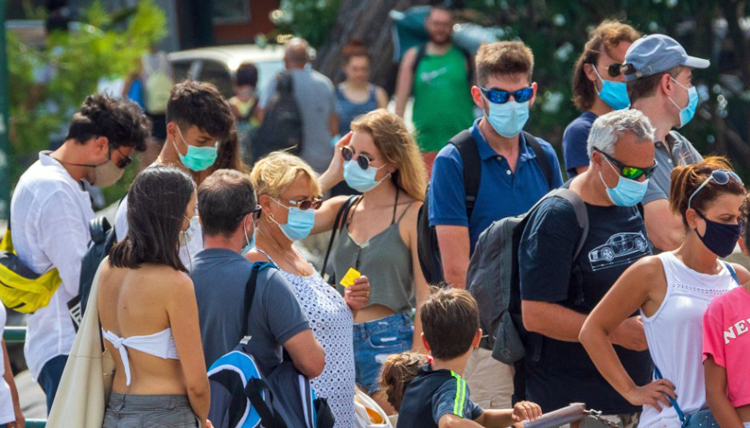Luis Ayllón
The Ministry of Foreign Affairs wants “diversity” to be considered, along with equality, merit and ability, in order to gain access to the diplomatic service. This is what emerges from the latest draft of the Diplomatic Career Regulations prepared by the department headed by Arancha González Laya.
The text, drawn up after the comments submitted by trade unions and professional associations to the first draft, has been submitted once again to a public hearing, and includes some modifications, among them that relating to ‘diversity’, which the Foreign Ministry wishes to include as one of the principles inspiring the regulation.
For this reason, the preamble to the text states that it has taken into account “the mandates of Organic Law 3/2007, of 22 March, for the effective equality of women and men, when including criteria that promote equal treatment and diversity, and to consider them as guiding principles of these Regulations”.
Although it is not expressly stated in the draft, the measure is aimed, according to diplomatic sources consulted by The Diplomat, at avoiding discrimination against the LGTBI collective, a decision that is causing some debate within professional associations as to its legality when this principle is applied to specific actions.
This could be the case of the modification introduced in Article 3, relating to entry into the Diplomatic Service. The new wording of this article indicates that such access will be by competitive examination, in accordance with the public employment offer and the corresponding call for applications published in the Official State Gazette, “guaranteeing, in all cases”, it states, “the principles of equality and diversity, merit and ability, as well as the principle of publicity”.
The sources consulted indicated that a problem could arise if, instead of this mention of diversity being interpreted as a brake on discrimination, it is used in the opposite direction in order to favour a particular sexual orientation.
On the other hand, the Ministry of Foreign Affairs has also modified another of the most controversial articles of the Regulations of the Diplomatic Career, the one concerning retired ambassadors, which stated that they would retain the title “in an honorary capacity, always using it with due diligence and without incurring a conflict of interests”. It added that “improper use may give rise to disciplinary liability in accordance with the applicable legal regime”.
The new wording states that ambassadors will retain this title “in an honorary capacity after retirement” and that when they make public use of it “they will use it followed by the word (Jubilado) to indicate that they have reached retirement status”.
The fear expressed by retired ambassadors was that the reference to “misuse” could result in the withdrawal of the diplomatic passport.






